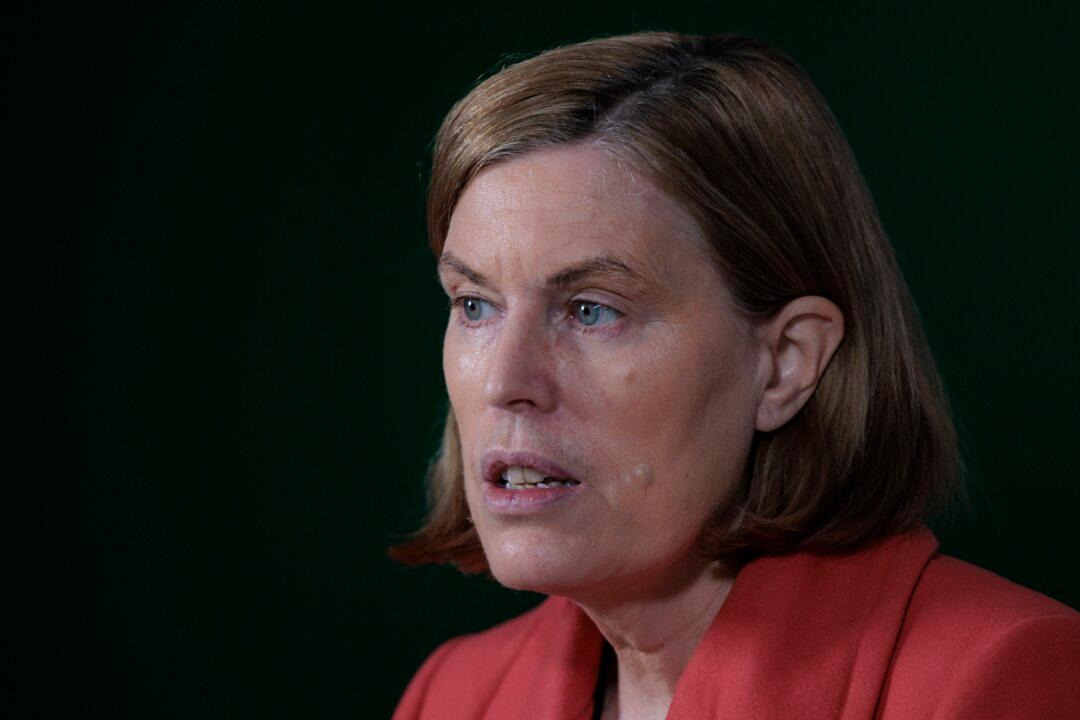The chief health officer of Australia’s most populous state has defended the COVID-19 vaccine in response to calls from a prominent medical expert after she suffered severe side-effects from the jab, compelling her to call for more transparency around vaccine injuries.
Former president of the Australian Medical Association, Dr. Kerryn Phelps, who had been a passionate advocate of vaccination, says she suffered neurological and rheumatological conditions including breathlessness and blood-pressure fluctuations after her COVID-19 vaccinations around 18 months ago.






